Violent activities of non-state armed groups including Boko Haram, the Indigenous People of Biafra (IPOB) and bandit gangs, same-faith presidential candidacy and disinformation on social media remain potent threats to peaceful and credible elections in February and March this year, a foreign-based not-for-profit organization has said.
The Tony Blair Institute for Global Change (TBIFGC), in a report on Nigeria’s elections, said the emergence of armed groups and the bandit gangs with sophistication and lethality, who have publicly expressed a wish to scupper the country’s vulnerable democracy, have raised serious concerns.
The Tony Blair Institute (TBI) is a non-profit organisation set up by former UK Prime Minister Tony Blair to provide advice to governments and to help political leaders build open, inclusive and prosperous societies in an increasingly interconnected world.
It helps countries, their people and their governments address some of the most difficult challenges in the world today.
TBI noted that Boko Haram, which had attempted to disrupt past elections in Nigeria, has expanded its operations since the last cycle.
According to the report, past experience shows that an election can be a trigger for violence, with the potential for widespread social unrest.
“This risk is heightened by the ruling party selecting presidential and vice-presidential candidates drawn from the same faith as well as the spread of disinformation on social media,’’ Persecondnews quotes from the detailed and well-researched report released in December 2022.
It is titled, “ Democracy under threats: Why the security risks to Nigeria’s 2023 elections must not be overlooked.’’
The report provides an overview of the 2023 electoral landscape and explore the threats from non- state groups and other triggers for violence, before showing how disinformation on social media could fan the flames of insecurity while undermining the integrity of campaigns.
It said it is imperative for the nation’s policymakers and its international partners to understand the threats and move to mitigate them to ensure a peaceful transition of power and support to an incoming administration.
Describing the upcoming polls in February and Marcy as one of the most high-stakes elections that Nigeria has witnessed in decades, TBIFGC also noted that it will be the first time in Nigeria’s 63 years of independence that it has secured three consecutive peaceful transitions of power. TBI stated:“The country’s citizens will go to the polls to elect their new president, vice-president and all 469 members of the Senate and House of Representatives. Two weeks later, there will be elections for 28 state governors and the legislatures of all 36 states of the federation.
“If successful, it will be the first time during its 63 years of independence that Nigeria has secured three consecutive peaceful transitions of power – an important indicator of how democracy has been progressing incrementally there since 1999, when the military last ruled.
“If unsuccessful, though, it will be a huge blow to a country already reeling from serious security threats, polarisation and economic challenges.
“Nigeria is Africa’s largest democracy and economy and most populous nation, so its election will also be closely watched by other countries on the continent, especially those that consider it a model for democratic process. Either outcome is likely to affect Nigeria’s neighbours.
“A successful election could send a strong message to other African states where democracy has been backsliding. Since 2010, more than 40 coups and attempted coups have been documented on the continent, half of them in West Africa, where in the past three years alone, six have been successful.
“Similarly, political instability in Nigeria could have a ripple effect in many other African nations. Alongside the socioeconomic implications, an aborted election, or one fraught with violence and malpractice, would weaken Nigeria’s political and moral authority to take a stance against unconstitutional takeovers of power elsewhere on the continent.’’
In ensuring credible elections, therefore, the report suggested as follows: “Expand efforts to liberate or secure affected villages and towns: Nigerian security, law- enforcement and intelligence agencies should use the few months left before the February election to push back violent groups and secure vulnerable communities as well as liberate those already seized.
“Balance the allocation of security forces for election monitoring and the continued containment of violent groups: Nigerian security and law-enforcement agencies should carefully balance the need to redeploy troops and resources for election monitoring with the continued focus on containing violent groups across the country.’’
For the Independent National Electoral Commission (INEC) and the police, the report urged them to maintain neutrality and impartiality.
“Violence often starts with allegations of bias and rigging that involve the electoral body and the police. The reputation of INEC and, to an extent, the police, for maintaining neutrality during elections has improved over the past few cycles, but this professionalism needs to be maintained.
“The INEC should expand its voting system for internally displaced people to ensure their participation in the election.’’
The Tony Blair Institute also suggested that the election peace accord should be further expanded and respected, saying the National Peace Committee’s (NPC’s) peace pact for presidential candidates should be extended to candidates for governorships and parliamentary seats.
“To achieve this, the NPC should partner with credible community-based and civil-society organisations (CSOs) in each state.
“Tech companies should monitor election-related fake news: Social-media platforms – especially Twitter, Meta (Facebook), YouTube, WhatsApp and Telegram – should step up efforts to identify and deal with election-related misinformation, disinformation and conspiracies as well as intercepting violent or intimidating messages.
“This will require hiring and training more local experts who not only speak the languages in which content is published, but also understanding the context as well.
“Raise awareness on the responsible use of social media among young people: CSOs and community-based organisations (CBOs) should educate young people on the responsible use of social media, also training journalists and youth on how to spot and expose election-related fake news, misinformation and disinformation,’’ it stressed.
On the role of the media in ensuring a peaceful and credible poll, TBI advised the media to counter election-related fake news while the international community should mobilise in support of peaceful and credible elections.
“Early warning, prevention and mitigation mechanisms should be developed: CSOs and CBOs should be supported to develop tools for early reporting, prevention and mitigation of electoral violence.
“This mechanism can be coordinated by the Nigeria Civil Society Situation Room that brings together more than 60 national and local organisations to share information, anticipate problems and respond rapidly.
“Offenders should be prosecuted swiftly to serve as a deterrent: Perpetrators of election violence, and those distributing dangerous fake news that violates Nigeria’s Cybersecurity Act, Electoral Act or other relevant laws, should be prosecuted swiftly so that others are deterred.
“Religious and traditional leaders should advocate for peaceful elections. While the 2023 election could be a two-horse race between the APC and PDP, both the Labour Party (LP) and New Nigeria Peoples Party (NNPP) are contenders, which means the winner could be decided in a second round of voting.
“This has never happened in Nigeria before. In addition to the 36 presidential candidates and their running mates, there are 4,259 candidates for the 469 seats of the National Assembly (comprising the Senate and House of Representatives). For the state elections, there are 837 candidates running for the 28 governorships and 10,231 candidates vying for 993 assembly seats.
“For the first time in Nigeria’s modern democratic era, there will not be a former military ruler on the presidential ballot. President Muhammadu Buhari, who has been in office since 2015, will not be contesting.
“And, in another first, the ruling party is fielding two Muslims, Bola Tinubu and Kashim Shettima, as its candidates for president and vice-president, respectively, leading to a crack among its ranks. This is seen by many as a violation of the country’s unwritten political convention: that the two most senior offices in the land be held by leaders from its two main religions – Christianity and Islam.
“Similarly, PDP’s presidential candidate hails from the north of Nigeria, which is considered by some a violation of the party’s “zoning gentlemen’s agreement”, according to which a southerner should be its candidate this time around.
“This, in combination with the fact the party chairman also comes from the north, is threatening to splinter the PDP before the election takes place. Approximately 12 million new voters, more than 70 per cent of whom are aged between 18 and 34, have been registered by the Independent National Electoral Commission (INEC) since the last election in 2015, creating a total of at least 96 million voters for the 2023 cycle.
“INEC forecasts this will drop down to 95 million after it has finished “cleaning up the data of new registrants by removing ineligible persons such as underage persons, non-Nigerians and those who registered more than once”.
“Youth participation has also increased, with many now involved in election campaigning or contesting specific electoral offices. This unprecedented enthusiasm for political participation has been partly attributed to the “sense of an election that is more open for candidates who might have the integrity and openness that young voters are seeking,’’ the report stated.
On security threats, TBI said: Muhammadu Buhari, the outgoing president, came to power in 2015 on three campaign promises: tackling insecurity, fighting corruption and growing the economy. In his first few months in office, he took major steps to contain and thwart Boko Haram, which had become one of the deadliest terrorist groups in the world.
“However, while security forces were dismantling and pushing Boko Haram back to the fringes of the Lake Chad region, two other serious threats were escalating.
“While the secessionist IPOB predates the Buhari administration, the group did not pick up arms until well after he became president. Similarly, criminal gangs or, as they are known locally, “bandits” have been operating for more than a decade, but their danger and reach have increased during the president’s tenure.
“Today, these acute security threats are turning Nigeria into a nation at war with itself, albeit without any formal declaration. Despite assurances by the government, Boko Haram remains a serious threat around the borders of the Lake Chad Basin.
“The group’s three splinter factions have expanded their reach over the past two years into new territories, including in North West and North Central Nigeria, and even parts of the south.
“However, the primary threat in the North West remains the bandits who, over the past seven years, have killed and kidnapped thousands of people while destroying hundreds of villages and causing the displacement of millions.
“In the South East, IPOB’s militia, dubbed the “Eastern Security Network”, is targeting the northern citizens of this region along ethnic lines, imposing weekly illegal lockdowns and systematically attacking election infrastructure in order to derail democratic process.
“Data confirm this acute deterioration during the Buhari administration. Between 29 May 2015 and 29 May 2022, 55,430 people were killed by terrorist groups and criminals gangs operating across the country. In 2021 alone, 3.2 million Nigerians had been displaced from their homes, mostly from the north.
“While some fled across the border to Niger, the majority reside with relatives, typically in urban and suburban areas that are deemed safer. The situation has escalated in the past 18 months. During this period, 8,948 Nigerians were killed and 7,184 abducted while, as of July 2022, at least 2,455,190 were registered as internally displaced.
“If this trend continues, millions of Nigerians will be displaced from their designated polling unit on election day. Individuals are only allowed to cast their vote in polls where they originally registered, so the high number of internally displaced people (IDPs) could make a big difference to the outcome of the 2023 election.
“For example, the 2015 presidential election was won by a margin of less than 2.6 million votes while in 2011, it was by less than 4 million. The number of internally displaced people in Nigeria has been increasing since 2017. To try and address this situation, the INEC has developed a framework and regulations that allow displaced citizens to vote at designated “IDP Voting Centres”.
“While this policy will help include some IDPs in the electoral process, millions may still not be able to participate because many, especially in the northwest, do not reside in designated camps where voting centres will be established. Even assuming the INEC allows non-resident IDPs to vote in IDP Voting Centres, the long distances and restrictions on movement imposed by law on election day would not allow them to participate.
“Another issue is transparency and election integrity. With ever-shifting numbers of internally displaced people in different camps, it will be hard to know the exact tally of each camp until very close to the election. This could lead to allegations of rigging and malpractice, undermining credibility.
“For example, in the run-up to the 2019 election, the opposition PDP alleged the ruling APC was plotting to use the IDP voting system to create “illegal polling centres for allocation of fictitious votes, massive ballot stuffing, voting by aliens, underage and unregistered persons to pull millions of fictitious votes” for President Buhari.
“With additional IDP voting centres in the North West and North Central regions of Nigeria, these allegations will continue in 2023. Ultimately, this could undermine the integrity of the next election as well as the ability of the next government to unify Nigeria and govern effectively.’’
TBI urged INEC to work with political parties and other stakeholders to expand and strengthen the credibility of its IDP voting system by broadening the system to allow both camp-based and community-based displaced citizens to vote.
The report added:“Second, internally displaced people should be allowed to participate in all elections, not just the presidential one. Third, their documentation should continue until the weeks leading up to the election, and be published prior to voting.
“To ensure transparency and reduce allegations of rigging, the INEC should work closely with political parties and civil society in developing and implementing this strategy while aiming for the full participation of IDPs by partnering with organisations, such as the International Organization for Migration and the Internal Displacement Monitoring Centre.
“One of the five pillars upon which Boko Haram was founded was the rejection of democracy. The group’s manifesto, published in 2008, dedicated a whole chapter to denouncing democracy, which it branded “modern calamity” and “modern idol”, giving several reasons why it was an “unbelief” as well as a forbidden act for Muslims, which they must work to destroy.
“To complicate matters, the APC’s “Muslim-Muslim” ticket – seen as a violation of Nigeria’s unwritten political convention, which recommends that occupants of the two highest offices in the land should come from different regions and religions – is causing concern in Christian quarters.
“A number of Christian organisations and leaders, including the Christian Association of Nigeria and several senior members of the ruling party who are Christian, have denounced this “ungodly” ticket as unfair. They have also called on Christians not to vote for APC candidate Tinubu and his running mate Shettima, declaring it “unchristian” to do so.
“Even though the main opposition candidate, Abubakar, is also Muslim, he has always been portrayed by his supporters – as well as his opponents – as “pro-south” and “pro-Christian”. Thus, the 2023 contest may be framed as a competition or even a clash between Islam and Christianity.
“This narrative will further polarise an already-divided country and may cause election-related violence. Religion has historically been misused by some Nigerian politicians, but the APC’s same-faith ticket has given “agents of division” something tangible to brandish in 2023.’’







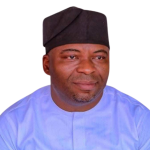

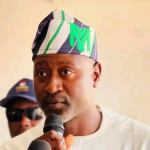
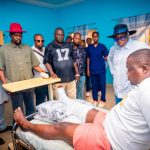
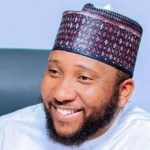
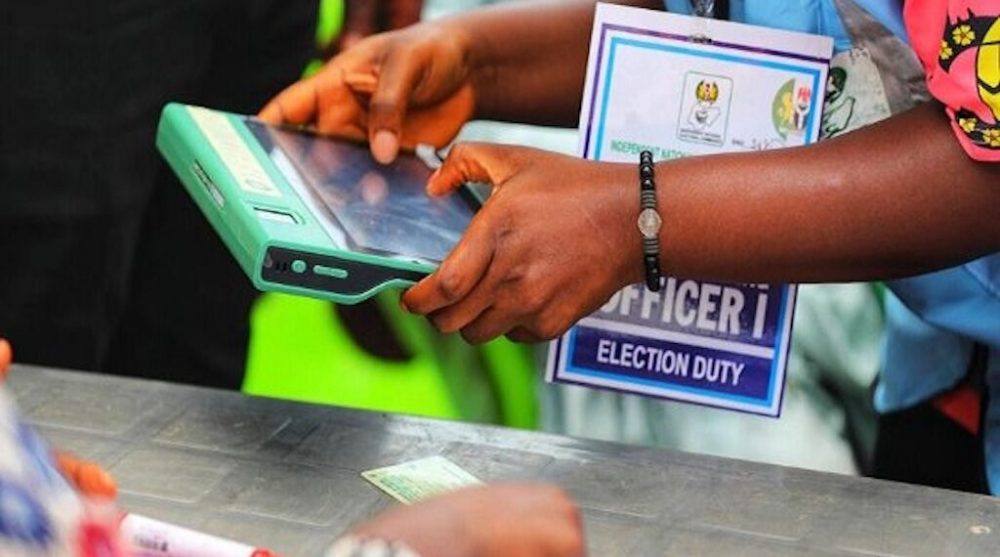

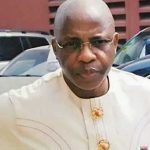





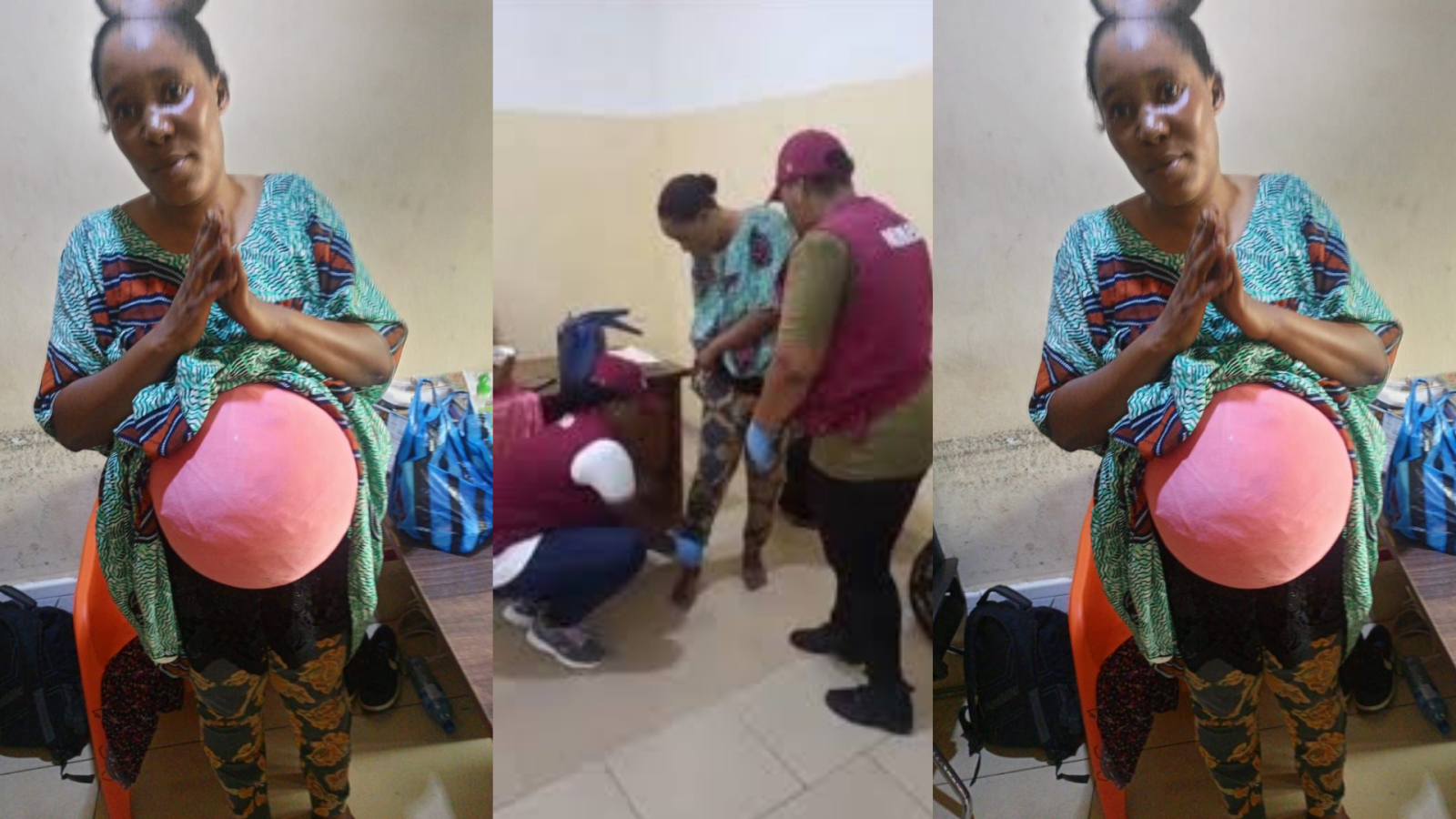
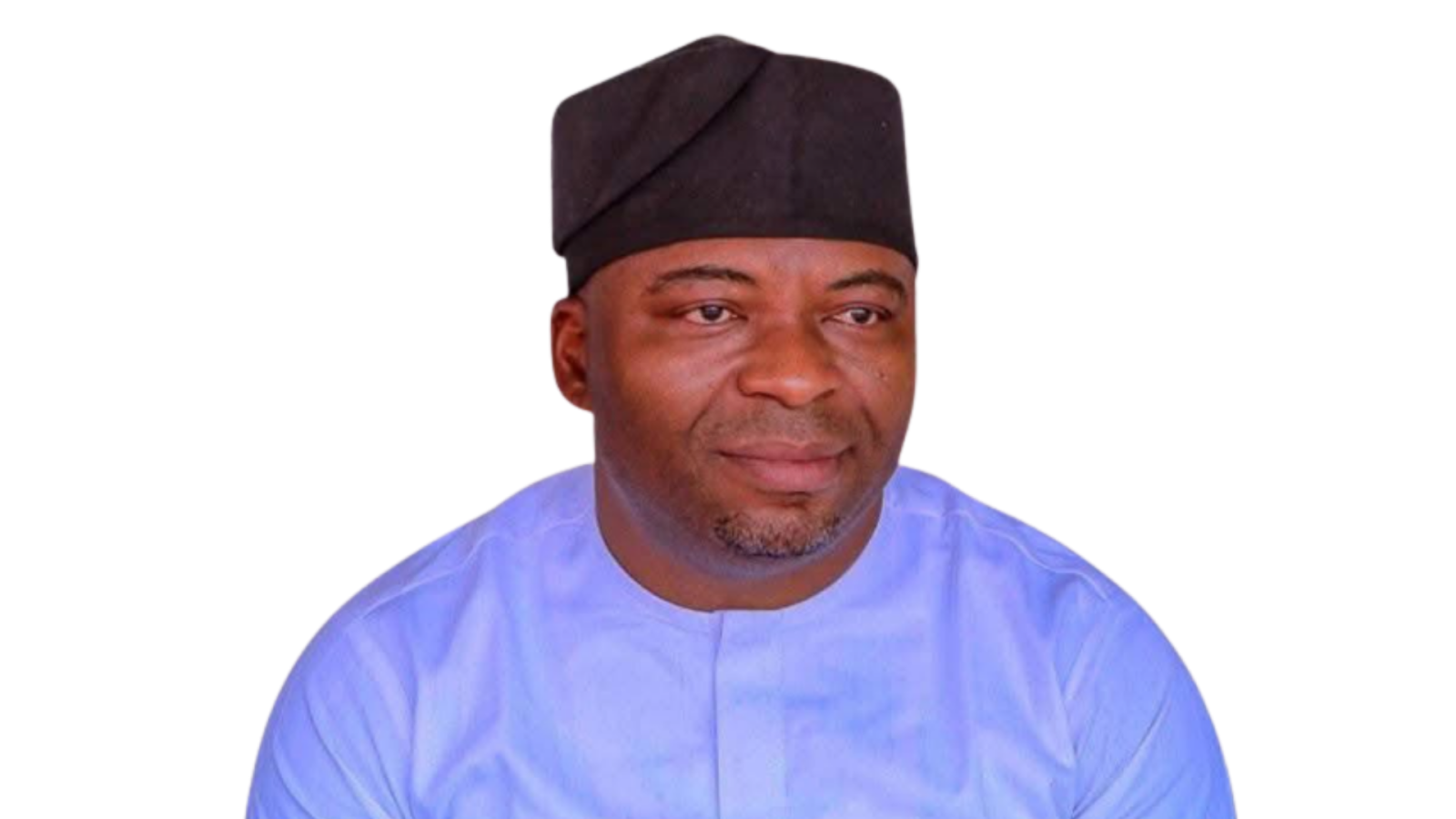
Leave a comment